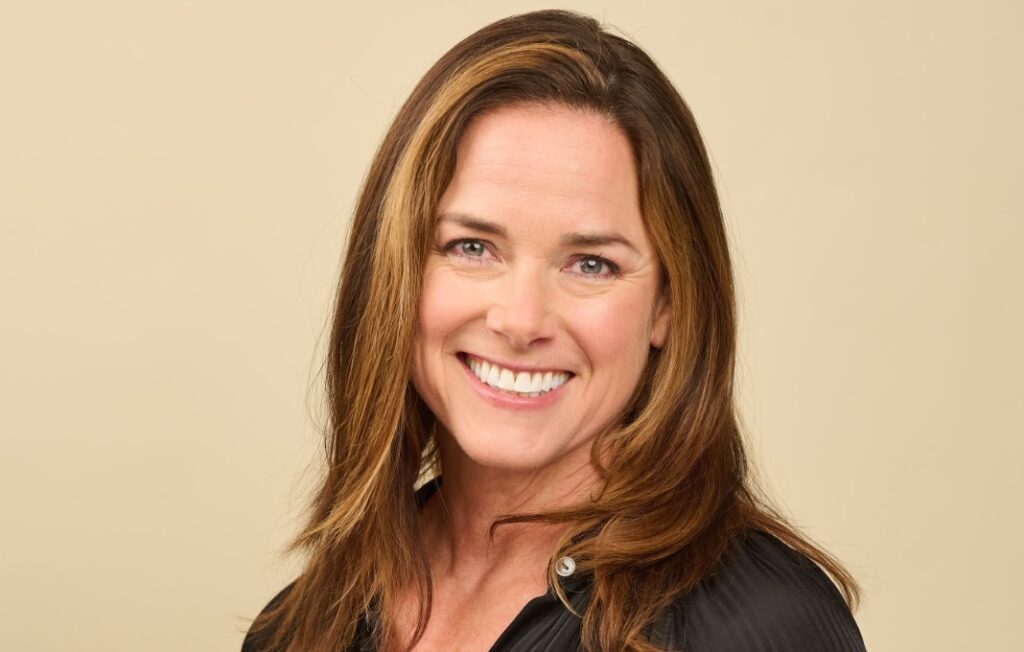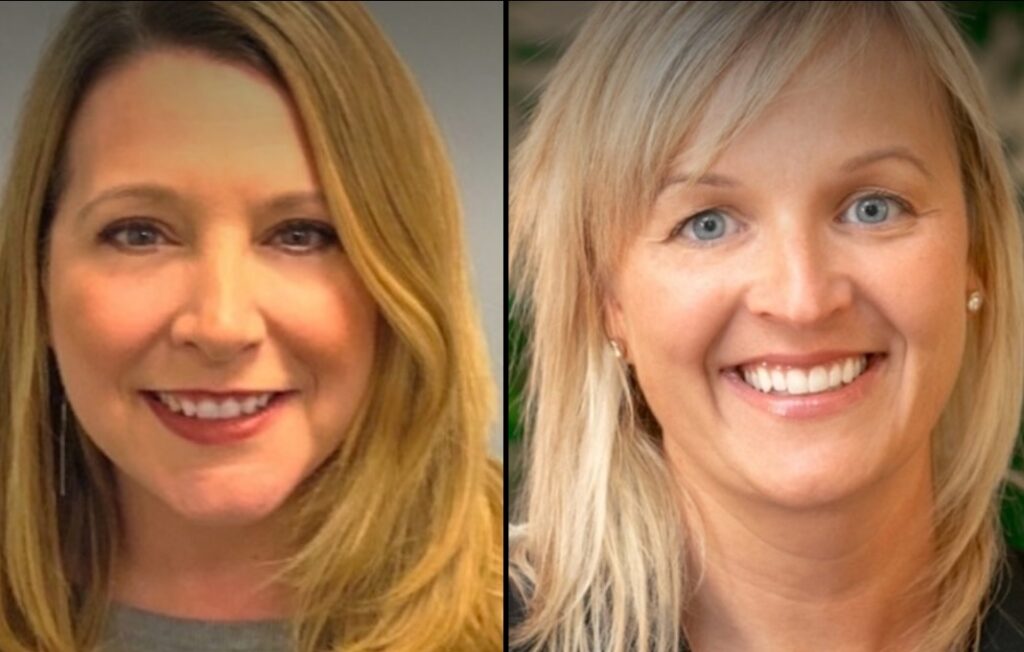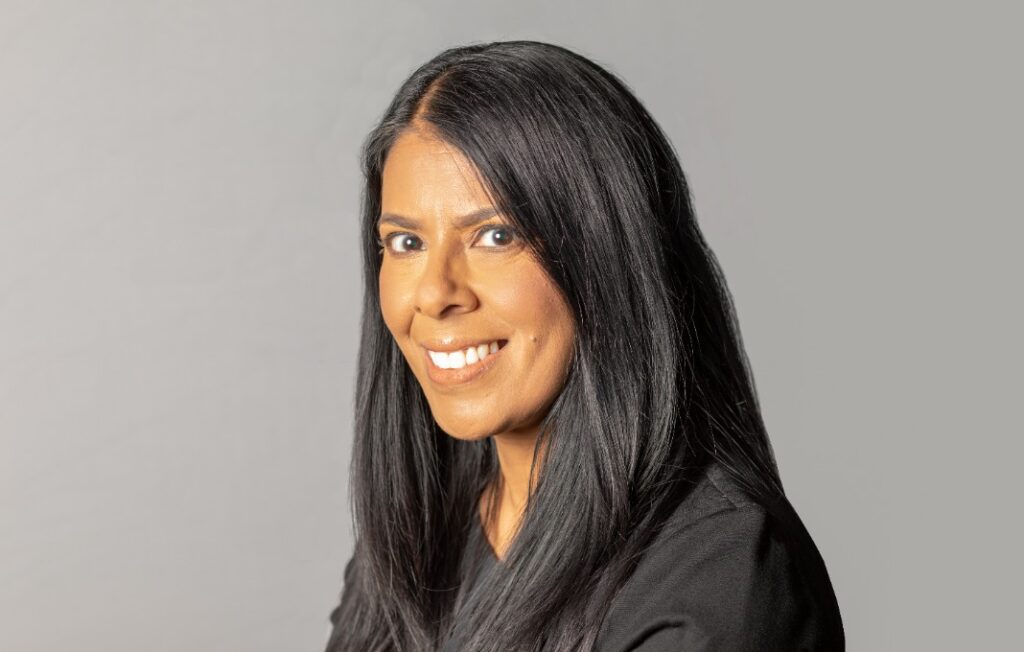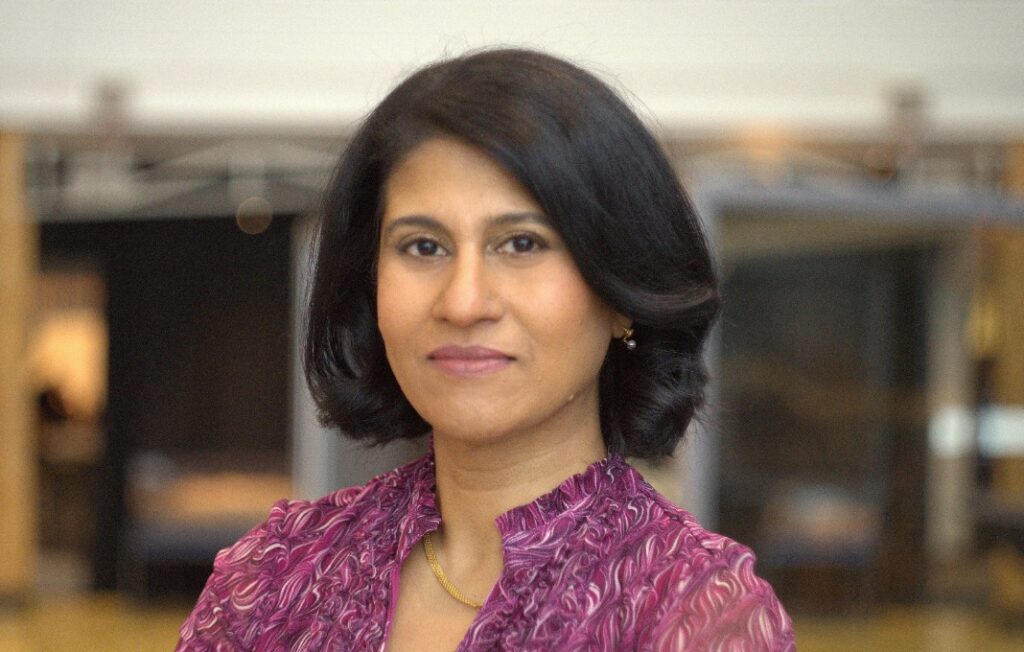What does it take to provide a successful talent development program that can also positively impact an organization’s culture? Start by understanding the two are inseparable, says Linda Luman, vice president of human resources at San Mateo, California-based Achieve.
Luman spoke with StrategicCHRO360 about the role of job shadowing, the importance of getting all teammates involved in building the company’s culture and what ERGs can achieve.
How can HR professionals transform a company’s culture through a focus on training and ongoing development?
It starts with making sure all employees can create a clear career path. Creating robust career pathing models and structures help employees understand what skills and responsibilities they need to develop or strengthen—and then offering the leadership training and preparation to help them advance their careers. When we talk about training and preparation, we mean enabling employees to be part of new assignments or projects to broaden their skillsets, offering mentoring opportunities and internal and external training to help them acquire any specific skills to help them be successful.
For example, since 2018 we have partnered with Rio Salado College to offer new employees trained in sales, service or support college credits with certificates toward debt resolution sales, customer service, personal loan sales, customer onboarding and loan servicing. Also, if you want to be that employer that attracts top talent, it’s essential you have this career development roadmap available, and training and support you provide to your employees needs to be visible to prospective employees.
How has Achieve invested in upskilling programs and what have they seen as a result?
First, we invest heavily in our internal training and development programs. We are providing many opportunities each month for our teammates to participate in learning, both virtually and in person, along with training modules available for self-service online. We also understand that not everything is learned in a classroom, so we offer job shadowing, cross-departmental learning opportunities and mentorship to help employees understand what certain roles look like and help them identify what training they may need to move into those roles.
We tap into external resources and programs that help develop leaders, like the She Leads program for upcoming female leaders. Upskilling programs need to pull from internal and external capabilities, but also be constantly evolving to stay aligned with the future company needs.
What is HR’s role in growing and maintaining company culture?
Maintaining a winning culture takes a village. It isn’t one person doing one thing. We look to all our teammates, regardless of role or years of experience, to lean in and participate. Culture means different things to different people, so we are constantly asking employees for feedback and insights and asking them to explain what they value in a culture.
To some its social events, to others its leadership and training and to others it is the opportunity to get involved with volunteerism and philanthropy. Therefore, we look at culture as a part of every aspect of employee experience, from onboarding to day-to-day interactions, to growth and career pathing, to wellness and benefits offerings and beyond.
How can HR help create a culture of inclusion through the creation of employee resource groups and a commitment to other DE&I programs?
Employee resource groups, or ERGs, are critical to any organization in creating a culture of diversity and inclusion. When such groups are led by and inspired by the employees, there is a deeper understanding of opportunities and issues, as well as the ability to have authentic and inspiring voices that resonate across the organization.
Our ERGs are for teammates, by teammates with the goal of providing a safe place for people to talk, share experiences, gain insight, advocate and learn. Today, we have six very active ERGs and that number is growing. Ultimately, we want to foster a culture where employees bring their authentic selves to work every day and feel the foundational trust that when they do, it will be accepted, celebrated and empowered.








